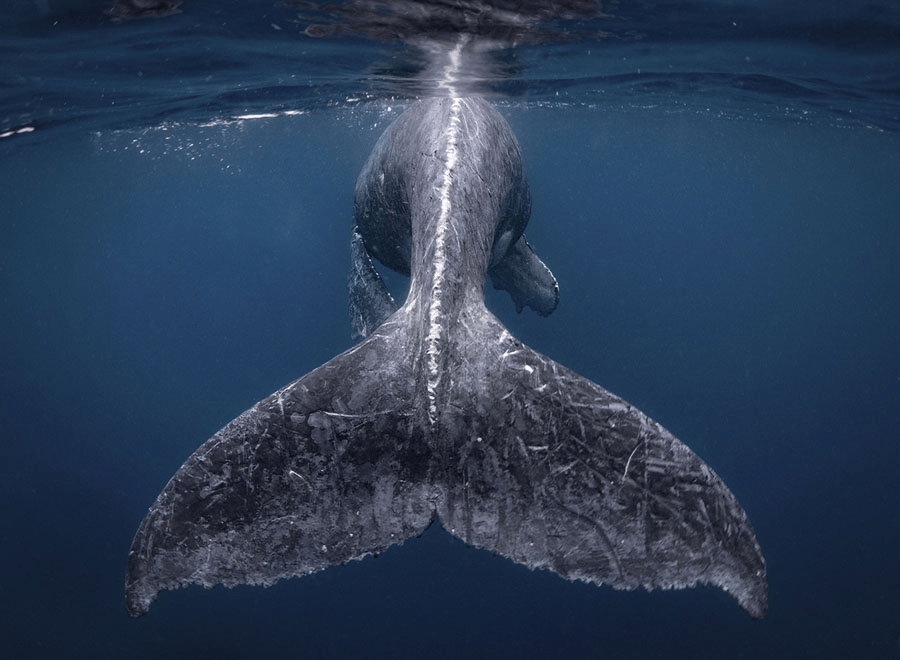.com is online commerce, .gov is online government, .ART is online art. But how did a simple punctuation mark become synonymous with online presence? And if you think it’s not true, try saying anything, really anything, and then saying “dot”. It will trigger your brain to immediately ask itself, “dot what? dot com?”. This blog is weird dot… See, it’s happening!
Full stop, period or a dot is a punctuation mark that has its origin in Greece (like most things you never think about). Full stops are one of the most commonly used punctuation marks; analysis of texts indicate that approximately 50% of all punctuation marks used are full stops! They are also used in abbreviations, acronyms, in math and in coding. But now the dot is making its way into the online world and is there to stay. Brands like DotWatch, DotTrust and The Dots are already using the dot symbol in a smart word game that works well with their marketing strategy.
Something similar this has already happened though. The symbol # was most commonly known as the number sign, hash, or pound sign. It was historically used for a wide range of purposes, including the designation of an ordinal number and as a ligatured abbreviation for pounds avoirdupois (having been derived from the now-rare ℔). However, since 2007, widespread usage of the symbol to introduce metadata tags on social media platforms has led to such tags being known as “hashtags” and from that, the symbol itself is sometimes called a “hashtag”. Seeing a hashtag symbol would now trigger a quick association with social media platforms, influencers and popular topics like #FOMO (if you don’t know what that is you’re not a millennial and/or don’t know much about modern psychology). In any case, the hashtag is now firmly embedded in the online realm.
While the dot is still a less obvious contestant to rule the online language than the hashtag or the @ symbol, pay attention. What comes after the dot in your domain name puts you firmly in that category. com is online commerce, .gov is online government, .edu is online education, .fr is something French. Choose your category wisely and think globally. You might not want to restrict yourself to a country domain even if it’s your country of origin – everyone and anything has a potential of reaching new audiences and growing out of their local market. And, since life is an artform and everyone is an artist our choice remains obvious. Expand your boundaries – join .ART!








